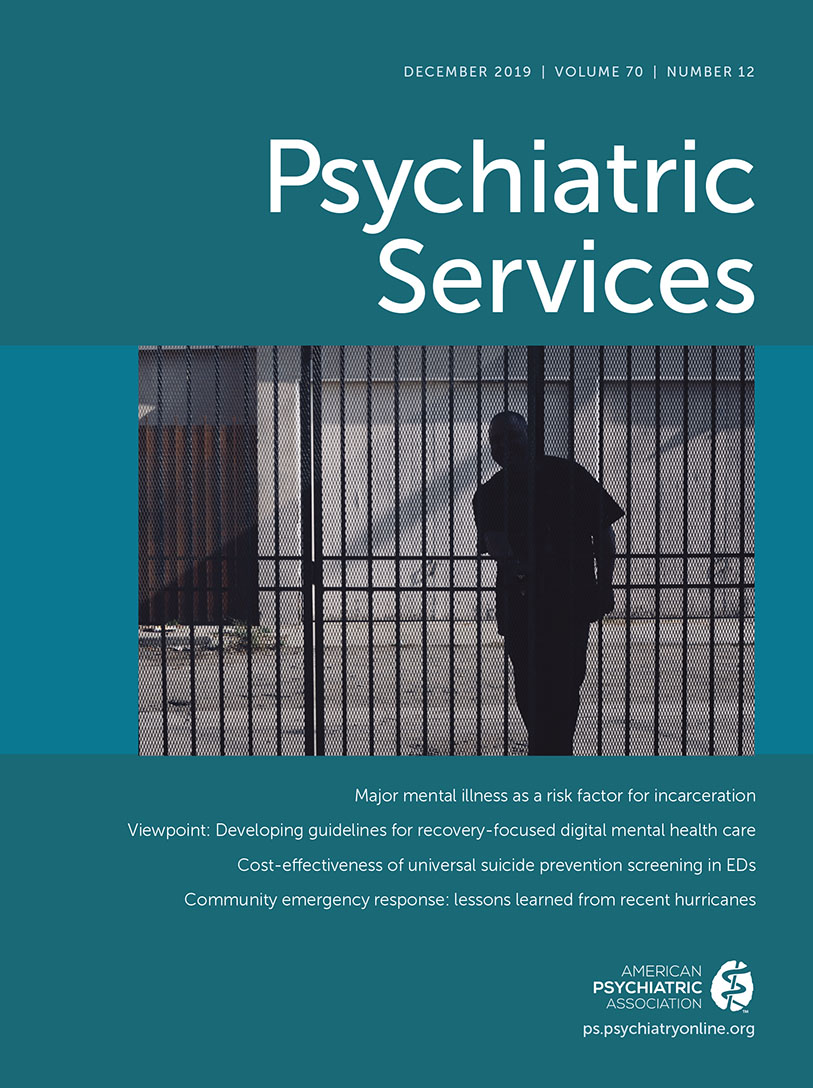Personal Recovery Among Service Users Compared With Siblings and a Control Group: A Critical Note on Recovery Assessment
Abstract
Objective:
One way to boost the implementation of a recovery-oriented practice in psychiatric care may be by including outcome measures assessing recovery. However, the five core processes of personal recovery—connectedness, hope and optimism about the future, identity, meaning in life, and empowerment (collectively known as CHIME)—are not service user–specific and can be relevant to nonservice users as well. It is unknown whether recovery processes are measurably different among users and nonusers of mental health services. This study aimed to compare scores on the 24-item Recovery Assessment Scale (RAS) among service users with psychosis (in remission and not in remission), their siblings, and a control group, after the validation of the RAS Dutch version.
Methods:
Psychometric evaluation and comparative analyses (analysis of variance and tests of clinical significance) were performed on data from service users (N=581), their siblings (N=632), and control group members (N=372) in the longitudinal Genetic Risk and Outcome in Psychosis study in the Netherlands.
Results:
Results showed that the psychometric validity of the RAS Dutch version was adequate. A significant, moderate effect was found for the RAS total score (F=31.73, df=3 and 1,559, p<0.001; Cohen’s f=0.25). However, clinical significance analysis showed that a substantial number of service users had recovered, including those in remission and those not in remission, and that substantial numbers of siblings and control group members had not recovered.
Conclusions:
The findings call into question the usefulness of the RAS in outcome assessment, given that the differences detected in recovery between service users, siblings, and control group members had limited clinical relevance.



